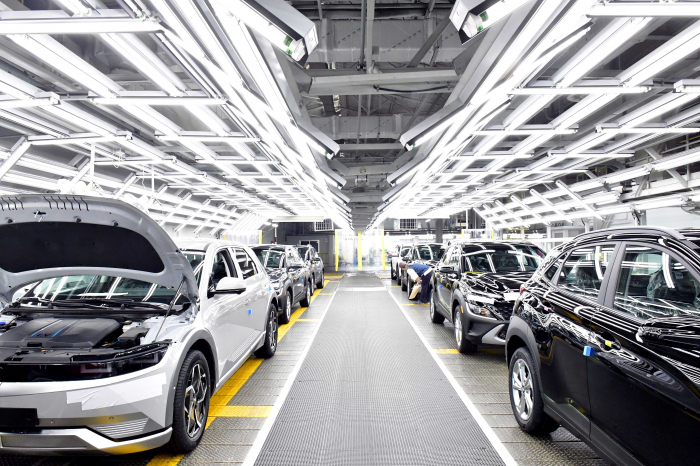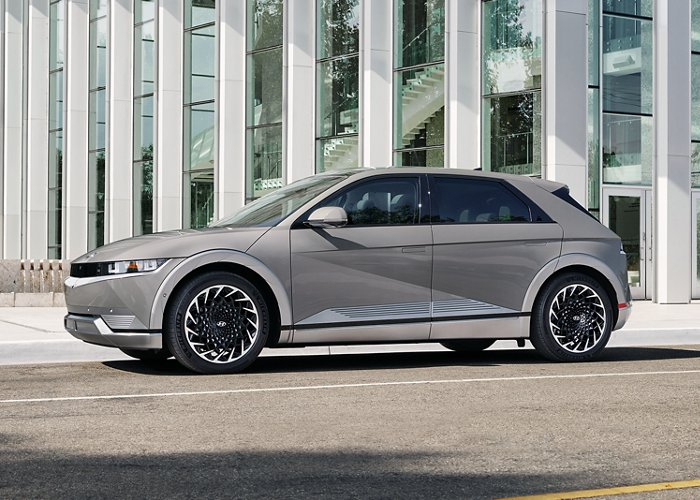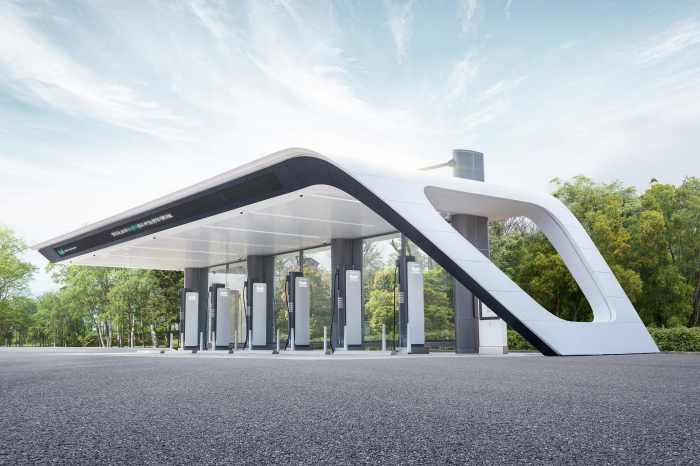Hyundai, Kia to inject $16.6 bn into EV production in South Korea
The automotive behemoth plans to allocate half of its EV production to domestic manufacturing facilities
By May 18, 2022 (Gmt+09:00)
LG Chem to sell water filter business to Glenwood PE for $692 million


Kyobo Life poised to buy Japan’s SBI Group-owned savings bank


KT&G eyes overseas M&A after rejecting activist fund's offer


StockX in merger talks with Naver’s online reseller Kream


Mirae Asset to be named Korea Post’s core real estate fund operator



The Hyundai Motor Group announced the conglomerate’s domestic investment blueprint on Wednesday.
Those familiar with the decision explain the move is meant to allay concerns that the transition from internal combustion engines to electric vehicles will decrease jobs in the world’s 10th-largest economy.
The group consists of Hyundai Motor Co. and Kia Corp. The former has a controlling stake in the latter and they are the largest and the second-largest car manufacturers in the country, respectively.
The car giants expect their combined global EV output to reach 3.23 million by 2030. The plan is to manufacture 45% of the total or 1.44 million units in South Korea. The latter figure is four times that of the two makers' electric vehicle domestic output estimate for this year.
The first vice minister at the Ministry of Trade, Industry and Energy Jang Young-jin visited Kia’s Hwaseong plant Wednesday and said: “The fact that Hyundai and Kia decided to make such a hefty investment in South Korea despite the uncertain conditions at home and abroad is very meaningful.”

Kia will inject hundreds of billions of won into the Hwaseong production plant in Gyeonggi Province, which sprawls across 66,115 square meters.
The fresh injection of funds will be used to build an additional facility for manufacturing up to 150,000 units of what the group labels as purpose-built vehicles (PBV) per year.
On its website, a PBV is described as an “eco-friendly, multipurpose mobility that uses autonomous driving to connect people to people.” In other words, these could serve as means of delivery and logistics that do not require human drivers.
The company aims to begin building the facility next year and finish it by late 2025.
“The short-term goal is to explore the nascent market of PBVs while the longer-term plan is to increase overall supply around the globe with PBVs and the adoption of autonomous driving technology,” CEO of Kia Motors Song Ho-Sung said.
The first PBV, slated to be introduced in 2025, will be a medium-sized car. After that, Kia plans to also produce smaller PBVs optimized for driverless delivery of food and household items, as well as rideshares.
The Hyundai automotive group will also expand on its current electric vehicle lineup.
Including the higher-end Genesis series, Hyundai Motor will have more than 18 different models of EVs by 2030. It will introduce IONIQ 6 this year and the following IONIQ 7 by 2024.
Kia will introduce 13 different electric vehicles, one of which will be the EV6 GT to be released this year.
The automotive chaebol will also invest in EV infrastructure – such as the electric charging sector.
The group will install some 5,000 fast charging stations in major cities around the peninsula by 2025.

Experts say the large-scale investment is expected to have a measurable impact on creating the country’s EV ecosystem.
Write to Il-Gue Kim at Black0419@hankyung.com
Jee Abbey Lee edited this article.
-
 ElectronicsVolkswagen partner SoluM eyes top spot in global ESL market
ElectronicsVolkswagen partner SoluM eyes top spot in global ESL marketMay 17, 2022 (Gmt+09:00)
2 Min read -
 BatteriesLG Energy, SK On to add prismatic types to EV cell lineups
BatteriesLG Energy, SK On to add prismatic types to EV cell lineupsMay 17, 2022 (Gmt+09:00)
3 Min read -
 Electric vehiclesLS Group revs up to enter EV charging business
Electric vehiclesLS Group revs up to enter EV charging businessApr 29, 2022 (Gmt+09:00)
1 Min read


